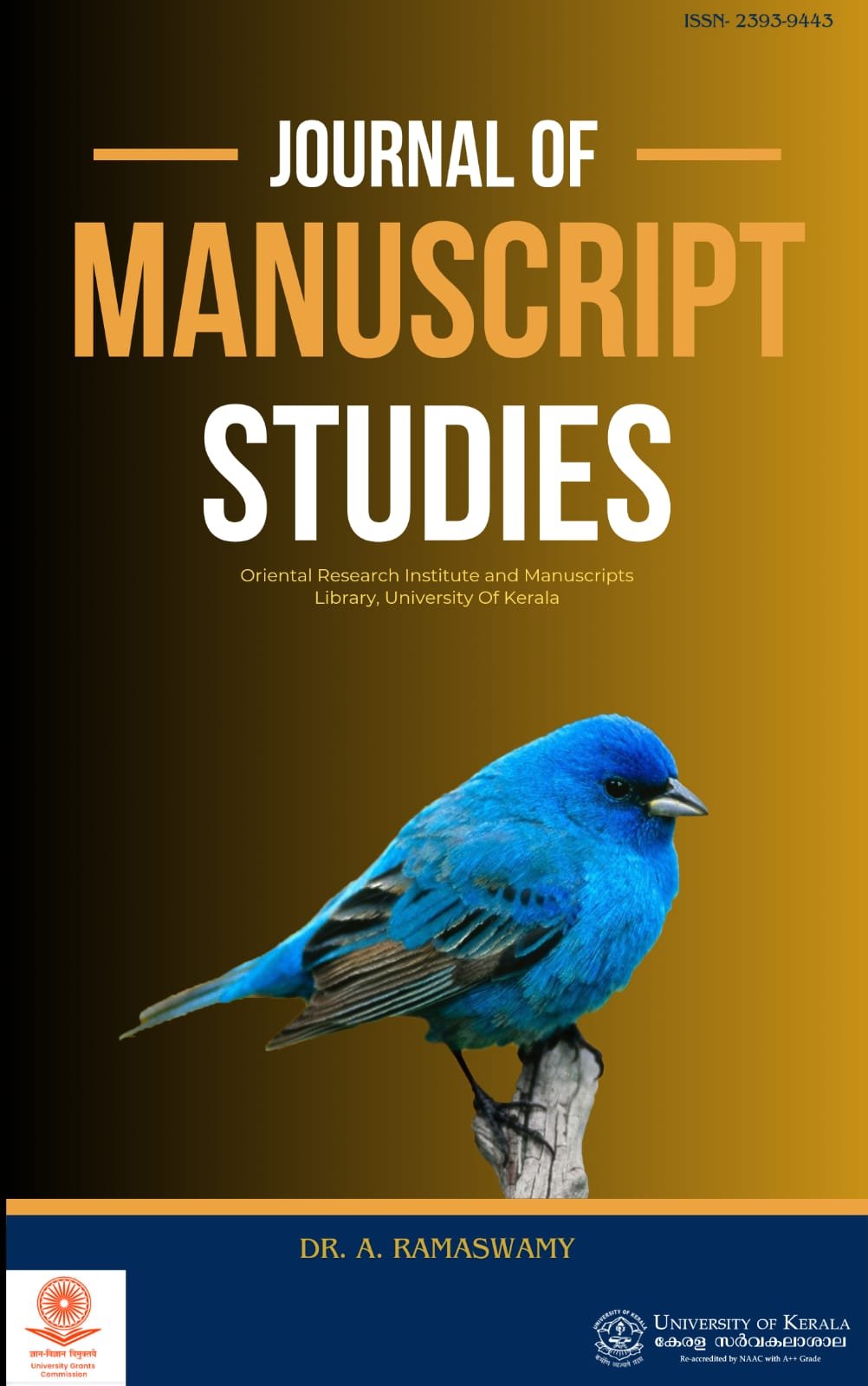Evaluation of bio-acetal as a sustainable alternative jet fuel
Keywords:
Bio-acetal, bio-jet fuel, double bond cracking, evaluation, jet fuel propertyAbstract
The European Council’s strict regulation on carbon
dioxide (CO2) emission-allowances for all flights taking off
and landing on EU countries has encouraged the development
of bio-jet fuels from plant oil due to its advantage of carbon
neutrality. The common production methods of bio-jet fuel
involve the thermo-chemical cracking of plant oil into short
carbon chain fragments of around C8 to C10 compounds. This
is often conducted at high reaction temperature and pressure.
In the present study a milder approach using ozonization
and electrolysis has been applied for the cracking of fatty acid
methyl esters derived from sunflower oil, and the acceptability
of the reaction products in bio-blend jet fuel was evaluated.
The major chemical compounds generated were aldehydes, but
the thermal stability of these compounds was too poor to be
utilized as a bio-jet fuel. Acetal, which can be derived from
aldehyde, has a high thermal stability and at the same time its
flash point, specific energy and freezing point are comparable
to that of Jet A-1 fuel. A 10 % blend of 1,1- dimethoxynonane
(acetal derived from nonanal) did not change the important fuel
properties of Jet A-1. The high thermal stability of this blend
was also confirmed.

Downloads
Published
Issue
Section
License

This work is licensed under a Creative Commons Attribution-NonCommercial-NoDerivatives 4.0 International License.













